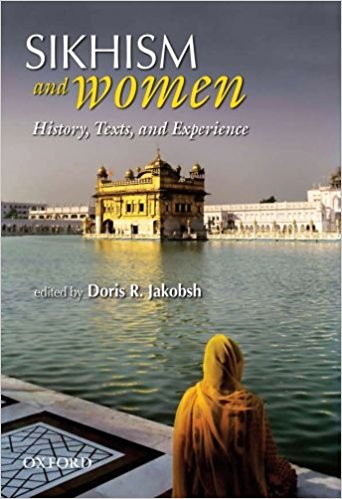This is an important scholarly work within the broader framework of sociology of religion, where Indian sociologists like M.N. Srinivas, T.N. Madan, Dipankar Gupta and Rowena Robinson have contributed over the years. The concepts discussed had been ethnicity, pluralism, religious institutions and religious texts. This book discusses all of this and more from a women’s studies lens. There are fourteen articles, with a comprehensive introduction by Doris Jakobsh and Eleanor Nesbitt contextualizing the issues that emerge in the articles. The question of identity is a common thread in all the articles. There are several moments in the transformation of this identity—one that is created in the sacred texts, gets transformed during Sikh Renaissance, one threatened during the 1980s in India, and another challenged in post 9/11 USA for the diaspora Sikh community, besides, obviously, an independent complexity about the diaspora Sikh community identity.
The book comprises articles on re-reading sacred texts and scriptures, marriage and kinship groups, impact of symbols and rituals on women’s lives, occupational patterns among Sikh women, migration patterns pertaining to women. Through textual studies, in-depth interviews, content analysis of advertisements, various qualitative research methodological ways have been adopted to understand the experience of Sikh women in their own voice and how they are represented in Sikh society.

